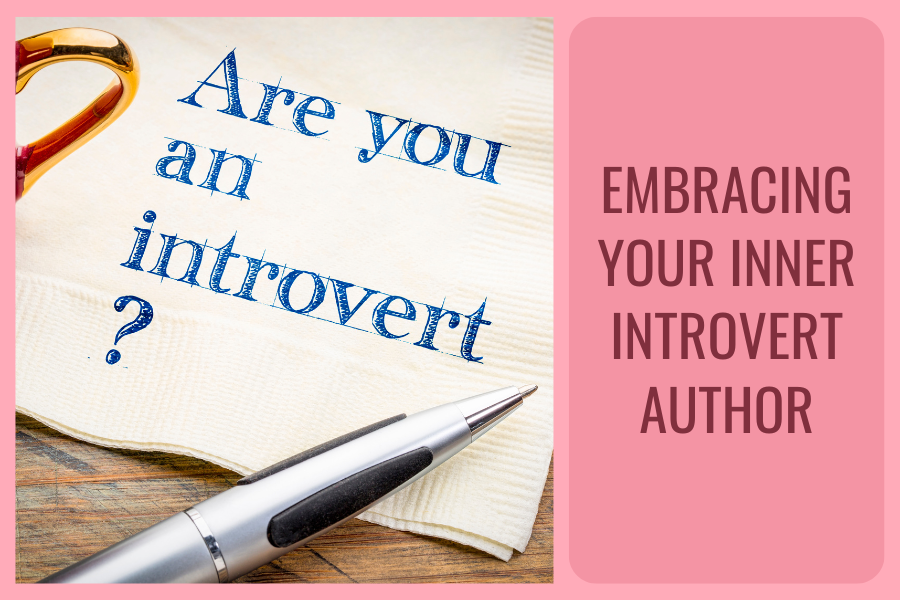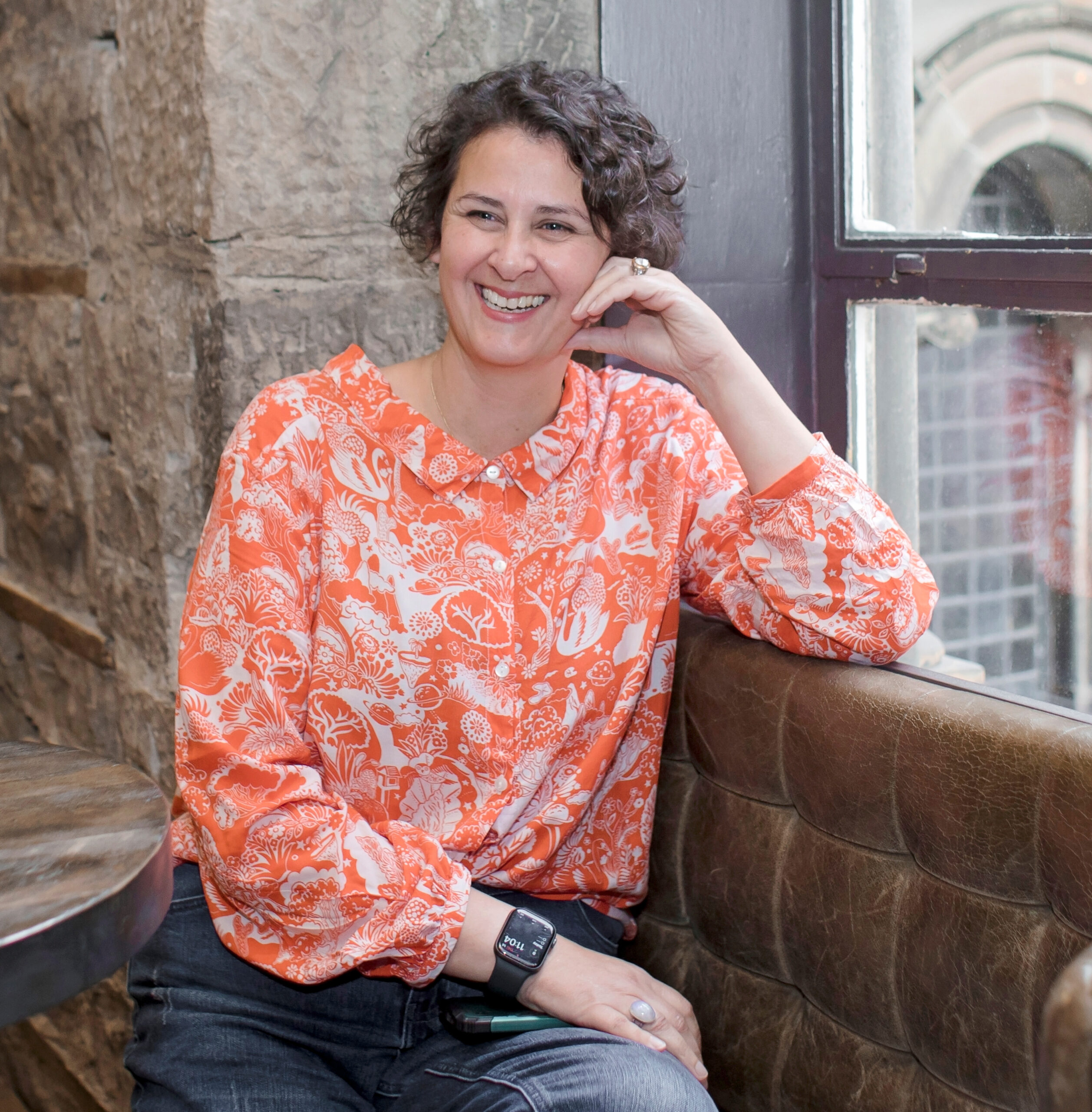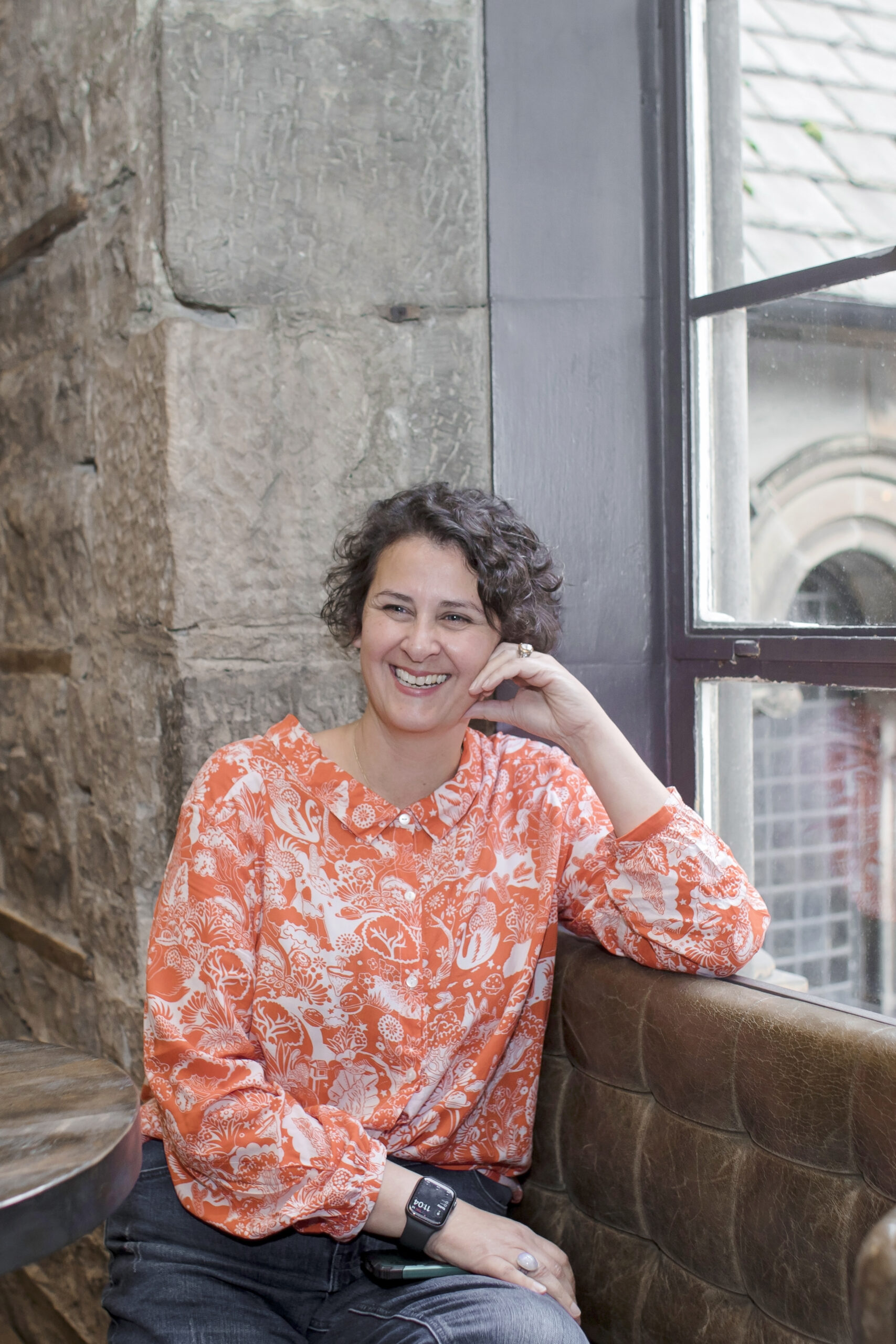
The Introvert Author: Embracing Your Inner Introvert
Are you an introvert author? You’re not alone! But, for many years, I believed that being an introvert was a disadvantage, especially in a world that often glorifies extroversion. Like so many others, I thought that to succeed, I needed to be outgoing, sociable, and always ready to engage with large groups of people.
However, as I’ve delved deeper into understanding what it truly means to be an introvert author, I’ve come to realise that introversion is not a weakness—it’s a unique strength that can profoundly shape your writing career.
If you’re a beginner fiction writer, perhaps you’ve also struggled with these feelings. Maybe you’ve found yourself drained after social events, challenged by group work, or dreading the thought of networking and making small talk.
If these experiences resonate with you, it’s worth considering that you might be an introvert, and that’s something to embrace, not shy away from.

nderstanding Introversion: It’s Not What You Think
One of the most common misconceptions about introverts is that they are shy or antisocial. But the truth is much more nuanced. Introverts do enjoy socialising, but they prefer deep, meaningful connections with a few close friends over random interactions with large groups of people.
For an introvert author, this can translate into a natural inclination to create rich, complex characters and emotionally resonant stories.
Susan Cain, author of the groundbreaking book Quiet: The Power of Introverts in a World That Can’t Stop Talking, has done extensive research on introversion. She reveals that while extroverts may often be the face of a brand or the life of the party, introverts are frequently the strategic thinkers and planners working behind the scenes.
This quiet strength allows introverts to approach problems with a unique perspective, often leading to innovative solutions.
Importantly, introversion isn’t synonymous with shyness. Many introverts hold strong opinions and are deeply passionate about their beliefs. However, they may prefer to express these views in more private settings or through creative outlets—like writing—rather than in loud, public forums.
This thoughtful, deliberate approach can be a huge asset when crafting stories that require careful consideration of character motivation and plot development.

The Challenges of Being an Introvert Author
As rewarding as it can be, being an introvert author does come with its own set of challenges. One of the most significant is the pressure to adopt an extroverted persona, particularly in social situations.
I remember vividly how, as a young adult, I would attend local dances and social gatherings feeling incredibly nervous. To overcome my anxiety, I relied on what I jokingly called “Dutch courage”—a few drinks to loosen up and temporarily transform into a more extroverted version of myself.
While this strategy might have helped me get through those events, it often led to regrettable situations and left me feeling even more drained afterward. For nearly 20 years, I followed this pattern, mistakenly believing that I needed to suppress my introverted tendencies to fit in and succeed.
It wasn’t until I reached my forties that I began to appreciate the quieter aspects of life. I gravitated towards more intimate gatherings, like lunch with a close friend or coffee with a colleague, rather than large, boisterous parties.
By evening, I craved solitude—curling up with a good book or indulging in a calming activity felt far more fulfilling than going out. And much to my surprise, this shift brought me a deep sense of contentment that I hadn’t experienced before.
As an introvert, you might also find that big groups exhaust you and make you feel out of place. Often, people misinterpret this as aloofness, but in reality, it’s simply a matter of needing space to recharge.
If you’ve ever felt this way, know that you’re not alone, and that this sensitivity can actually enhance your writing by allowing you to observe and reflect in ways that others might not.

The Power of Connecting with Fellow Introverts
One of the most comforting realisations I’ve had since embracing my introversion is discovering how many others share these feelings. After reading Quiet and discussing it with friends, I was amazed by how many people reached out to tell me that they, too, are introverts.
Knowing that there’s a community of like-minded individuals out there can be incredibly reassuring. It’s a reminder that introversion is not something to be “fixed” but rather a valuable part of who you are.
For introvert authors, this sense of connection can be particularly powerful. Writing is often a solitary pursuit, and it’s easy to feel isolated, especially if you’re struggling to find your voice or facing the challenges of starting a new project. But by recognising and embracing your introversion, you can tap into a deep well of creativity and insight.
You’ll find that many of the world’s most influential writers, leaders, and creatives are introverts who have used their quiet strengths to make a significant impact.

Embrace Being an Introvert Author to Enhance Your Writing
If you’ve identified as an introvert or a “pseudo-extrovert” (someone who can act extroverted when necessary but finds it exhausting), Quiet is a book that can offer you valuable insights. It will help you see yourself and your introverted tendencies in a new light, dispelling old stereotypes and highlighting the strengths that come with a quieter disposition.
As an introvert author, you have the potential to create deeply resonant stories that connect with readers on an emotional level. Your ability to think deeply, observe keenly, and express yourself thoughtfully is an incredible asset in the world of fiction writing.
So, instead of trying to change who you are, embrace your introversion. Allow it to guide your creative process and inform the characters and worlds you build in your stories.

Final Thoughts: Harness Your Introversion for Success
Being an introvert author is not a limitation—it’s a unique advantage. By understanding and embracing your introverted nature, you can unlock a deeper level of creativity and storytelling that resonates with readers in profound ways.
The next time you find yourself feeling overwhelmed by social obligations or pressured to be more extroverted, remember that your quiet strength is your superpower. Lean into it, and let it guide you as you embark on your writing journey.
If you’re just getting started as a writer and need some extra motivation, I invite you to sign up for my video series, 21 Days of Writing Inspiration. This series is designed to help you build momentum with your writing and stay inspired, no matter where you are in your journey. Embrace your introversion, and watch your creativity soar.

Emma Dhesi
Emma Dhesi is a Certified Author Accelerator Book Coach and bestselling author who helps writers let go of perfectionism, self-doubt and writer's block through her signature programme, Unlock Your Creative Block.
She is the host of the YouTube Channel, Emma Dhesi, where she interviews debut and experienced authors alike.
Through her 1:1 coaching programme, Emma helps new authors start and finish their first novel.
Emma provides personal written feedback on their pages and guides them through the emotional rollercoaster that is writing a novel!








